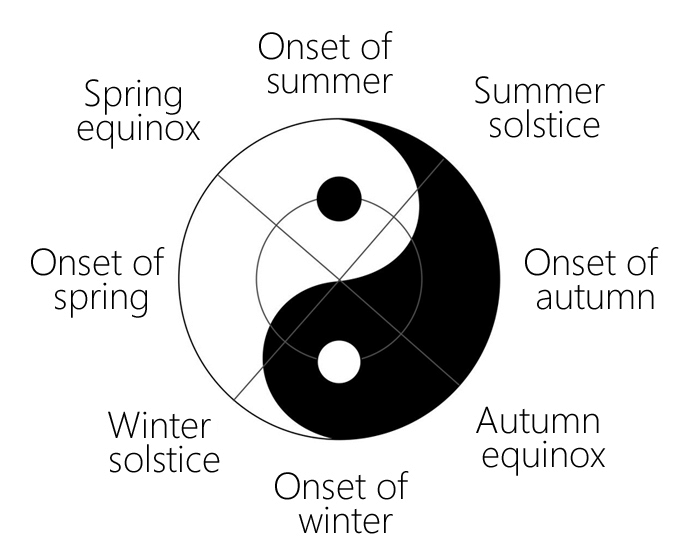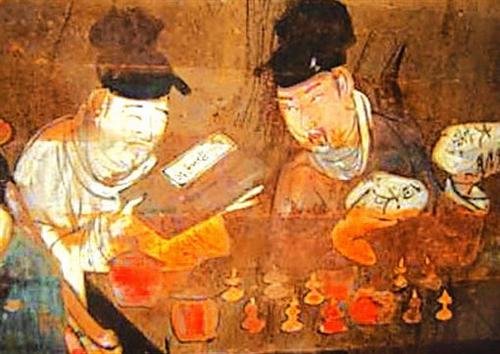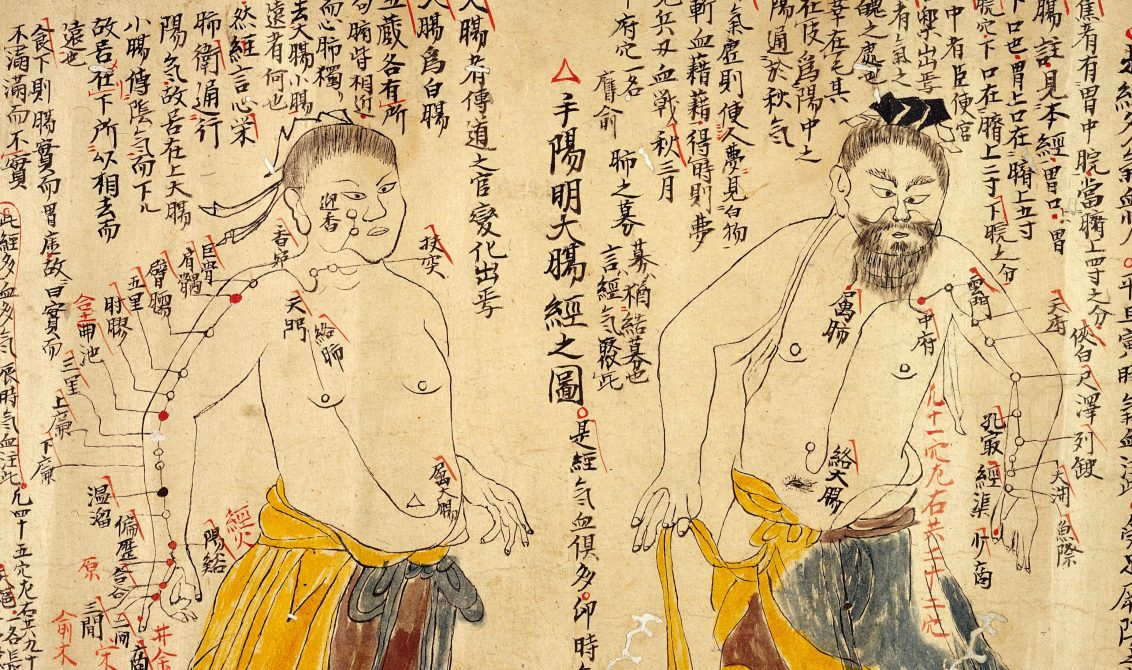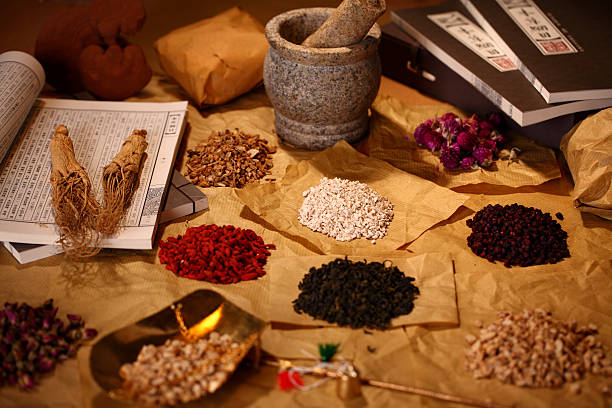Learn
Traditional Chinese Medicine seems mysterious and strange to many westerners, but understanding the basic principles of Chinese medicine will clarify this ancient and lasting system of medicine so that it can be incorporated into your efforts for true wellness.
It helps to understand that Chinese medicine is a practical system of medicine that grew out of empirical traditions and thousands of years of observed outcomes. Many people are familiar with acupuncture, but TCM actually has five branches of practice, including herbalism, acupuncture, Tui-na, medical Qi Gong, and food therapy.
Most diseases are chronic in nature and begin developing long before a diagnosis has been assessed. The body develops imbalances even before symptoms appear; left unchecked, this imbalance will develop into a disease pattern. Each individual will develop disease patterns in unique ways depending on their own personal "weak links" due to genetics, lifestyle choices, and stress levels. Chronic illnesses naturally manifest in many different ways as they progress; one disease pattern may have a hundred different symptoms, and one symptom may apply to a hundred different diseases according to Chinese medical theory.
Related Article: Causes of Disease
Chinese medicine is unique in its ability to approach one disease with many different protocols depending on how the disease presents itself. Chinese medicine is not a quick study, and this website is designed to help clarify health conditions and explain some treatment options according to Chinese medicine for the layperson.
Chinese medicine is a very complex medical system, and it is easy for an Oriental medical doctor to over explain the subject and cause greater confusion. Obviously, every detail and nuance cannot be understood without many years of study; however, basic knowledge of Chinese medicine allows people to have a better understanding of how to take responsibility for their own health, and how to make better lifestyle choices regarding their health. Every effort has been made to simplify Chinese medical concepts and still remain true to the core theories and concepts of Chinese medicine to make this healing system more accessible to you.
 It’s All About Balance and Moderation
It’s All About Balance and Moderation

We are learning that our Earth can only take so much abuse, neglect, and toxic build up before the natural balance is disrupted. We are also learning that the resulting negative implications do not creep up on us slowly; once the critical point of imbalance occurs change happens quickly as with global warming. This is true with our health also. We spend years pushing our bodies; we function while sleep deprived, over-stressing, and undernourished. We spend many years ignoring or disguising symptoms that are meant to serve as warning bells; then it seems our body falls apart overnight.
Chinese medicine has always viewed the universe as a macrocosm, and our bodies as a microcosm that mimics the natural world. We can learn from our collective experience to take better care of our environment and act through society to correct our errors. We must not only conserve resources and energy for our planet, but also for our bodies if we expect to maintain health. To a large degree, we individually have sovereign control over our bodies in the modern world and must take personal responsibility in learning how to maintain our health through preventative health care.

Origins of Traditional Chinese Medicine
An Ancient Healing Art
The origins of Chinese medicine are shrouded in thousands of years of mystery, myth, and long-lost ancient texts. One of the oldest surviving texts dates back to around 2,500 B.C. and is called the Yellow Emperor's Canon of Internal Medicine. While the actual written text is only dated back to 1,000 B.C., it is thought that it represents an older verbal tradition. 
 Much of the theory revolving around Chinese medicine is based on Taoism and texts such as the Tao Te Ching. Taoism and Chinese medicine revolve around basic universal truths and in following common sense practices to maintain a healthy and happy life. In Chinese medicine, it is not enough to simply be disease free; rather, wellness is viewed as the combination of a thriving body, a clear mind, and a peaceful Spirit. It is only when Body, Mind, and Spirit are unified in balance that one can be well.
Much of the theory revolving around Chinese medicine is based on Taoism and texts such as the Tao Te Ching. Taoism and Chinese medicine revolve around basic universal truths and in following common sense practices to maintain a healthy and happy life. In Chinese medicine, it is not enough to simply be disease free; rather, wellness is viewed as the combination of a thriving body, a clear mind, and a peaceful Spirit. It is only when Body, Mind, and Spirit are unified in balance that one can be well.
While many traditional systems of herbalism in the West utilized similar energetic diagnostic systems to Chinese medicine, those systems have not survived intact through the eradication of Native American culture and the domination of science-based pharmaceutical medicine in Europe and the U.S. Chinese medicine has also suffered from broken lines of tradition, lost or destroyed texts, and political pressures that have changed Traditional Chinese Medicine over the centuries; however, it is one of the few traditional systems of medicine the has maintained a functional set of theories.
This information has not been evaluated by the Food and Drug Administration. This information is not intended to diagnose, treat, cure, or prevent any disease.

